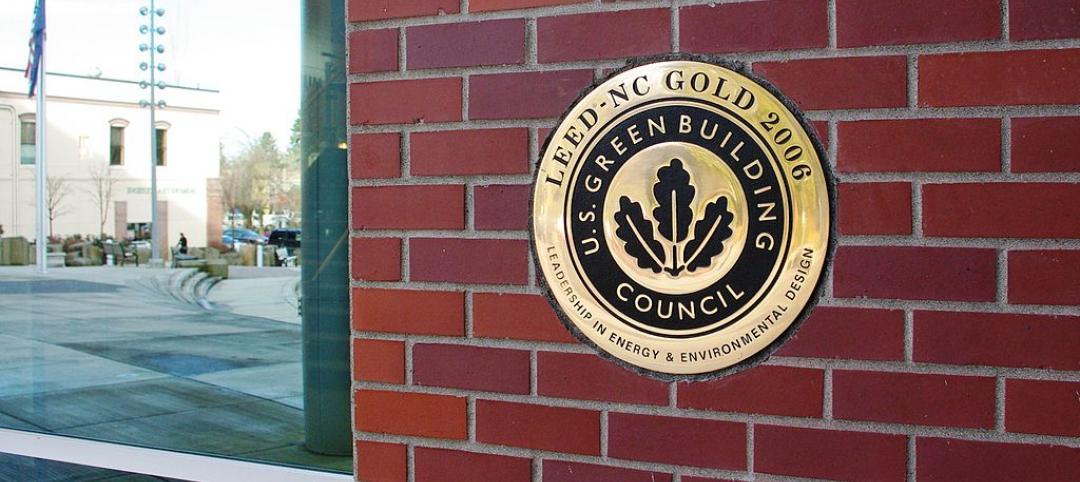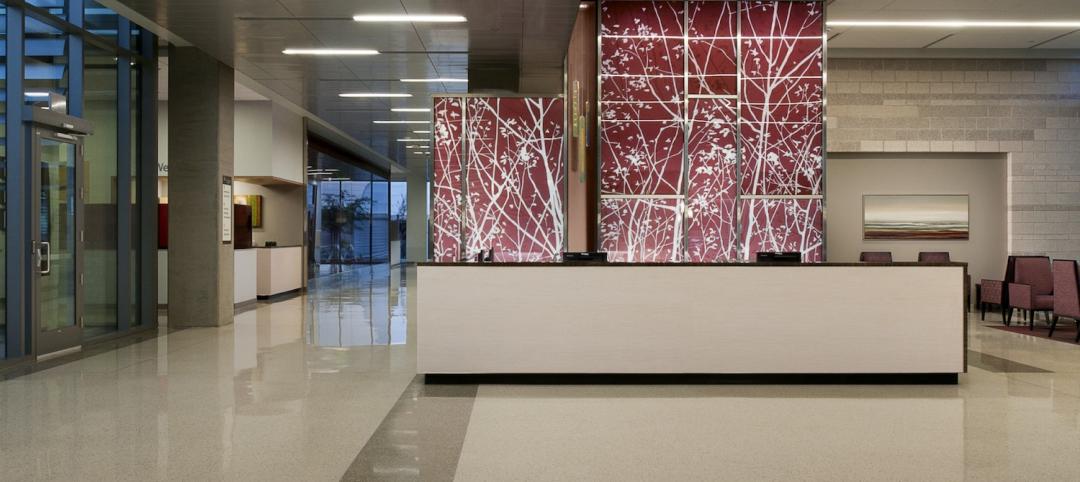SAN JOSE, CA (March 8, 2011) - CRS Roof Consultants, the leading Independent Roof Consulting Firm and authority on Commercial Roof System Investments reports industry losses on the consumption side of the equation. Buyers will be loosing between $2.6B and $5.6B annually, in roof system value by the year 2014.
According to a Freedonia Group, the US Roofing Industry is expected to expand by 2.4% through 2014 reaching nearly $18B in value. Additional reports suggest material cost will rise by 4.5% over the same time period.
Industry Life-Cycle Reports indicate roof systems worldwide fail on average in about 17 years. CRS Roof Consultants who tracts regional life-cycles says dryer states like California experience much shorter life-cycle averages, closer to 14 years for commercial roof systems.
Combined, the numbers represent a 15% to 32% in loss value on the purchase of 20/25 year assets respectively. "Total losses depend on buyer perceptions as to the expected Life-Cycle", said Kevin Cardoza, a Senior Analyst at CRS Roof Consultants. Most consumers (residential and commercial) expect to get closer to 25 years out of a 20 year roof system. Industry reports on premature failures as low as 12 years with an average of 17 years indicate a huge loss in value for buyers.
The installation of Roof Systems entail various components that are assembled to manufacture a complete roof system on-site at building locations. The only available controls close to an equivalent ISO9000 are certifications required by some material manufacturers, which only apply to contractors who offer the manufacturers' extended warranties.
Inefficiencies and generally accepted roof practices at the point of installation account largely for early water intrusion issues, said Dale Rowe (RRO), an Independent Registered Roof Observer and Inspector. Buyers leave the details up to contractors who write bid proposals where architects and general contractors reference warranty specifications but leave out critical roofing project details.
Statistically, roof systems installed in accordance with a set of defined performance rules under a complete roofing project specification outpace expectations and last from twenty to thirty years. Real Estate Investors, Management and Tenants whom adhere to roof system performance objectives tend to reduce long-term asset maintenance expense.
The ratio of Commercial Buildings and Annual Roofing Projects to the number of Independent Roof Consulting Firms suggest only a fraction of all Roof System Investments are based on Bid Specifications that define and hold contractors accountable for installation/labor warranty performance.
A well written Roofing Project Bid Specification can run $10K-$12K and save $60K-$80K on a Commercial Building but many private investors and smaller real estate investment firms view it as unnecessary expense. So, it's not unusual to see a barrage of abandoned rooftop assets from a history of rotating tenants and out of control roofing expense.
Only a few tenants (ie: Home Depot, Safeway, Best Buy, etc.) who's entire building is dedicated to product storage for immediate delivery implement Rooftop Asset Management Programs. Short term office and R&D building occupants seldom return rooftop assets (including that space below roof substrates) to their original condition as required by triple net leases.
Tight credit markets and reduced flipping have real estate investors moving more towards a value based approach to roofing. "We've seen increased demand for both Written Roofing Project Specifications and Project Management in the commercial markets but Home Owner Associations remain resistant to higher cost on those projects" said Construction Performance Builders, Inc. President, Terrence Osuga.
About CRS Roof Consultants
CRS Roof Consultants, the nations leading Independent Roof Consulting Firm. Established in 1986, its headquarters remain in the heart of Silicon Valley (San Jose, California) where it services national clients. As an authority on Commercial Roof System Investments, CRS Roof Consultants publishes information and technical papers that outline and educate readers on best roofing practices for property owners, investors, asset managers and property managers in the commercial real estate industry.
For more information about CRS Roof Consultants, the Roof Inspection White Paper or to obtain a free copy, visit: http://www.CRSRoofConsultants.comhttp://www.CRSRoofConsultants.com
Related Stories
| Nov 4, 2014
Zaha Hadid's first building in Shanghai debuts
Sky SOHO is the third in a trilogy of SOHO China developments designed by Zaha Hadid Architects.
| Nov 4, 2014
HOK breaks ground on colossal research complex for LG in Seoul
Located in Seoul’s Magok District, the LG Science Park provides facilities to support innovative research and industrial prototyping. HOK designed phase one of the master plan and six of the laboratory and office buildings.
| Nov 3, 2014
IIT names winners of inaugural Mies Crown Hall Americas Prize
Herzog & de Meuron's iconic 1111 Lincoln Road parking garage in Miami Beach, Fla., is one of two winners of the $50,000 architectural prize.
| Nov 2, 2014
Top 10 LEED lessons learned from a green building veteran
M+W Group's David Gibney offers his top lessons learned from coordinating dozens of large LEED projects during the past 13 years.
| Oct 31, 2014
Dubai plans world’s next tallest towers
Emaar Properties has unveiled plans for a new project containing two towers that will top the charts in height, making them the world’s tallest towers once completed.
| Oct 30, 2014
CannonDesign releases guide for specifying flooring in healthcare settings
The new report, "Flooring Applications in Healthcare Settings," compares and contrasts different flooring types in the context of parameters such as health and safety impact, design and operational issues, environmental considerations, economics, and product options.
| Oct 29, 2014
Better guidance for appraising green buildings is steadily emerging
The Appraisal Foundation is striving to improve appraisers’ understanding of green valuation.
| Oct 29, 2014
Increasing number of design projects meeting carbon reduction targets, says AIA report
Of the 2,464 projects accounted for in AIA's 2030 Commitment 2013 Progress Report, 401 are meeting the 60% carbon reduction target—a 200% increase from 2012.
Sponsored | | Oct 29, 2014
Why you should manage progress rather than people
Telling your employees to become more engaged and productive won’t work. But putting mechanisms in place that encourages their progress will. SPONSORED CONTENT
Sponsored | | Oct 29, 2014
What’s the difference between your building’s coating chalking and fading?
While the reasons for chalk and fade are different, both occurrences are something to watch for. SPONSORED CONTENT













